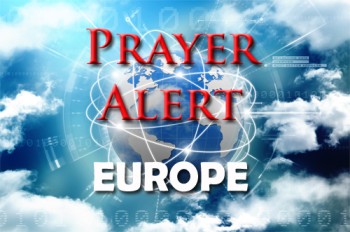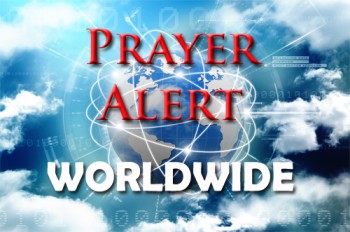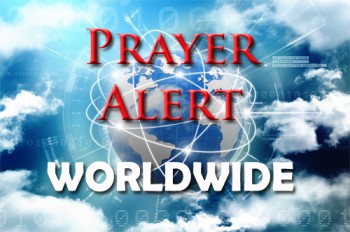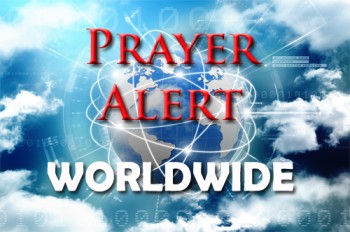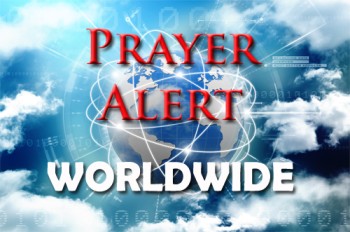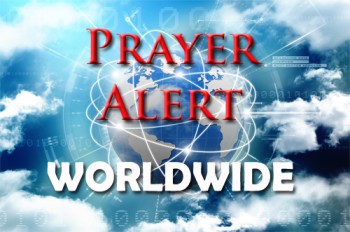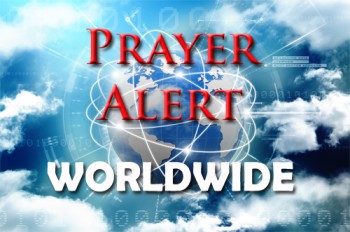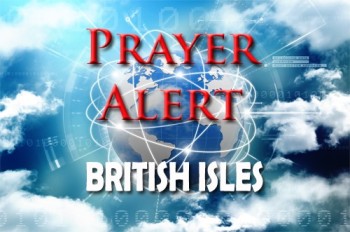France: 40,000 police mobilised to stop fresh violence
France is mobilising a police force of 40,000 across the country, including 5,000 in Paris, to stem riots triggered by the killing of Nahel, a 17-year-old teenager, by a police officer at a traffic stop. The officer was placed under formal investigation for voluntary homicide on 29 June. The announcement came as Paris witnessed a second night of violent protests, with rioters setting cars and public buildings ablaze over the shooting of Nahel during a traffic stop. Police arrested 150 people overnight. Clashes first erupted on 27 June in Nanterre, a town with long-simmering tensions between locals and officials. The government initially deployed 2,000 police to maintain law and order. ‘The last few hours have been marked by scenes of violence against police stations, schools and town halls, and thus institutions of the Republic and these scenes are wholly unjustifiable’, said President Macron.
Israel: Palestinian Islamic Jihad use child soldiers
Palestinian Islamic Jihad (PIJ) recruit, train and use children as fighters. It is a war crime and a human rights abuse to use children in armed conflicts. Israel is experiencing increased terrorist aggression in the West Bank, and Palestinian children are being killed. On Monday Ahmed Saqer died during a Palestinian and IDF gunbattle. Palestinian media said he was throwing rocks. Palestinian terror groups described Ahmed as a ‘fighter’. Could he have been throwing deadly munitions not rocks? On his TikTok account is a video of him posing next to a PIL flag. Another video showed a dozen pipe bombs inside his home. Regardless of what he was throwing, it was a difficult situation for Israeli forces to deal with. On Tuesday, two Palestinian teens died when an explosive device they were carrying detonated. A third person was critically wounded. There are many more incidents of children dying in battles.
Repatriation of Australians from Syrian refugee camps
Nine women and seventeen children are taking the Australian government to court, arguing that Australia has ‘effective control’ of their detention and the power to set them free from Syria’s Roj refugee camp. These Australian wives, widows, and children of slain or jailed IS members claim a legal right to return to Australia. Most are in squalid and violent detention camps, some held for four years. Children have untreated shrapnel wounds, malnourishment, and serious mental illnesses. Some were born in the camp and know no life outside it. Save the Children Australia say that legal action was a last resort, but they were left with no choice but to take Australia’s government to court. Pray that the US-backed Kurdish SDF army and the refugee camp officials will actively cooperate in the release of these Australians as they did for other countries, including Denmark, USA, Germany, France, Sweden, and the Netherlands.
Nicaragua: Brazil lobbies for bishop’s release
Brazilian president Lula wants his Nicaraguan counterpart, Daniel Ortega, to free Bishop Rolando Alvarez, who was sent to prison for over 26 years for refusing to leave Nicaragua after Ortega expelled him with 222 other political prisoners to America. He had been locked up for sermons unflattering to the government. Because he refused to leave, he was sent to a maximum-security cell. President Lula said, ‘There is no reason for the bishop to be prevented from exercising his function in the Church. The only thing the Church wants is for Nicaragua to free him.’ While Brazil and Nicaragua have good relations, ties between the Vatican and the Central American state have been severely strained following a crackdown on anti-government protests in 2018, when the Church acted as a mediator between them. Lula said that Ortega should recognise that a mistake had been made.

